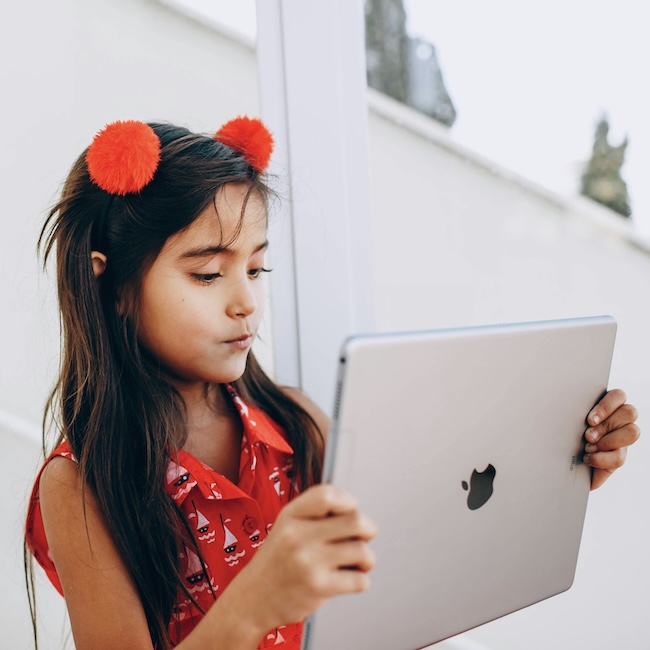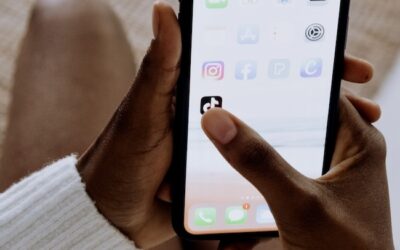The UK government has urged video platforms such as YouTube to give greater prominence to high-quality children’s content, warning that young audiences are increasingly missing out on educational and emotionally supportive programming as they shift from traditional television to online viewing.
Lisa Nandy, the Culture Secretary, has written to YouTube and other major platforms, as well as to the regulator Ofcom, asking for more visible placement of suitable material for children. She emphasised the need for programming that promotes learning, emotional wellbeing, and development.
Speaking to BBC Radio 4’s Today programme, guest-edited by children’s TV veteran Baroness Floella Benjamin, Nandy said the current situation affects families across the UK, including her own. “This is something that affects my family, like every family around the country,” said Nandy, who has a nine-year-old child.
She warned that online platforms are failing to promote a broad enough range of content, leaving many children unable to access high-quality UK-produced programmes that “help inform them about the world.” Nandy praised the strength of the UK children’s TV industry but acknowledged that much of this content goes unseen online because it is not actively promoted.
A YouTube spokesperson responded, saying the platform provides children and teenagers with “safe, age-appropriate online experiences that allow them to learn, grow and explore.” However, Nandy argued that a more balanced approach is required to ensure the widest variety of material reaches young viewers.
The Culture Secretary also urged Ofcom to prioritise children’s television as part of its upcoming public service broadcasting review, which is due to report in the summer. She highlighted the findings of a previous government-led funding initiative for children’s programming, which led to the creation of more content but struggled to reach its target audience due to discoverability issues on digital platforms.
The government is seeking a voluntary agreement with online platforms but has not ruled out further measures if no progress is made. “The intention is that we would much prefer for them to work with us to make sure children are able to see and find high-quality content much more easily,” Nandy said. She acknowledged the positive aspects of platforms like YouTube, calling them “democratising,” but insisted that “a balance needs to be struck.”
Baroness Benjamin, a Liberal Democrat peer and former children’s television star, described the decline in both the quality and quantity of children’s programming as a “crisis.” She warned that the migration of young audiences to online platforms has created “turmoil” in the industry and called for renewed focus on providing suitable entertainment for children.
Nandy signalled the government’s readiness to support the UK’s “crown jewels” in children’s television, saying, “We need to ensure that the best of British children’s programming is not just created but also found and enjoyed by the audiences it is meant to serve.”
As the digital landscape evolves, the government’s appeal highlights the urgency of safeguarding the visibility of high-quality content for young viewers amid the growing dominance of online platforms.





